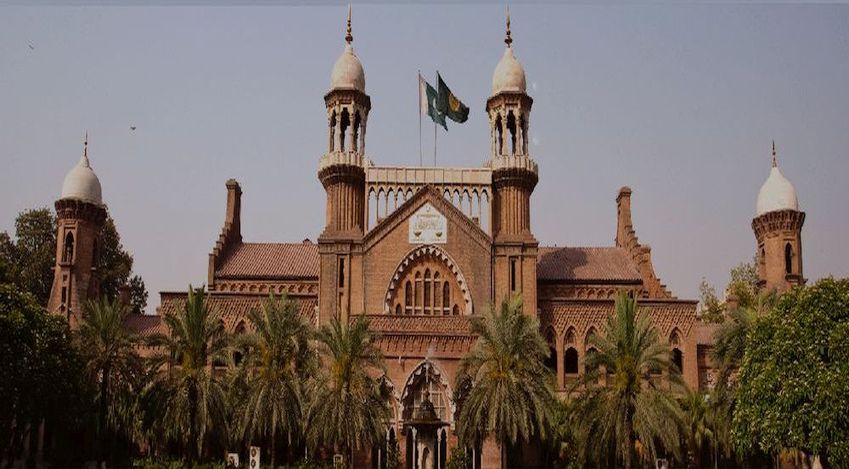Any Reasonable Doubt must favor the Accused --- Lahore High Court, Lahore
Islamabad 07-11-2024: In a significant decision, the Lahore High Court, Bahawalpur Bench, acquitted Muhammad Aamir Karim in a high-profile murder case, citing numerous inconsistencies in witness testimonies, procedural irregularities in evidence gathering, and failure by the prosecution to establish guilt beyond a reasonable doubt.
Muhammad Aamir Karim had been convicted of murder by the Additional Sessions Judge, Ahmadpur East, under Section 302(b) of the Pakistan Penal Code (PPC). He was sentenced to life imprisonment and ordered to pay Rs. 300,000 as compensation to the deceased’s family. However, upon appeal, the Lahore High Court found that the evidence presented was insufficient and riddled with doubts, ultimately overturning the conviction.
Mr. Justice Sardar Muhammad Sarfraz Dogar, presiding over the appeal, highlighted several issues in the prosecution’s case. The primary concerns included the credibility of eyewitnesses, procedural delays in the identification parade, unexplained postponement of the post-mortem, and the non-production of key witnesses who could have corroborated the prosecution’s account.
The Court questioned the reliability of the prosecution’s witnesses, who were close relatives of the deceased. Their unexpected presence at the crime scene, without satisfactory explanation, weakened the prosecution’s case. Referencing cases such as Muhammad Imtiaz Baig Vs. The State and Muhammad Zaman Vs. The State, the Court emphasized that “chance witnesses” must justify their presence to be considered credible.
Mr. Justice Sardar Muhammad Sarfraz Dogar also noted procedural lapses in the identification parade, which took place several days after the arrest, with no descriptive details of the accused provided in the FIR. Such irregularities rendered the identification process questionable, in line with precedents like Muhammad Hassan Vs. The State.
Another point of contention was the unexplained eight-hour delay in the post-mortem examination, a factor the Court considered potentially indicative of evidence manipulation. The Court cited Muhammad Ijaz alias Billa Vs. The State to underscore that such delays often cast doubts on the authenticity of investigations.
The prosecution’s failure to produce Jam Moosa, a key witness who could confirm the presence of the complainant at the scene, further weakened their case. The Court observed that withholding crucial evidence implies that it might have contradicted the prosecution’s narrative.
Mr. Justice Sardar Muhammad Sarfraz Dogar reiterated the principle that in criminal cases, any reasonable doubt must favor the accused. Citing cases such as Khial Muhammad Vs. The State and Iftikhar Hussain alias Kharo Vs. The State, the Court stated that a single loophole in the prosecution’s case is sufficient to warrant an acquittal.
Concluding that the prosecution had failed to present a credible case, the Court granted Aamir Karim the benefit of doubt, setting aside his conviction and ordering his immediate release. The ruling emphasized the judicial commitment to ensuring fair trials and preventing wrongful convictions based on flawed evidence.
Powered by Froala Editor








